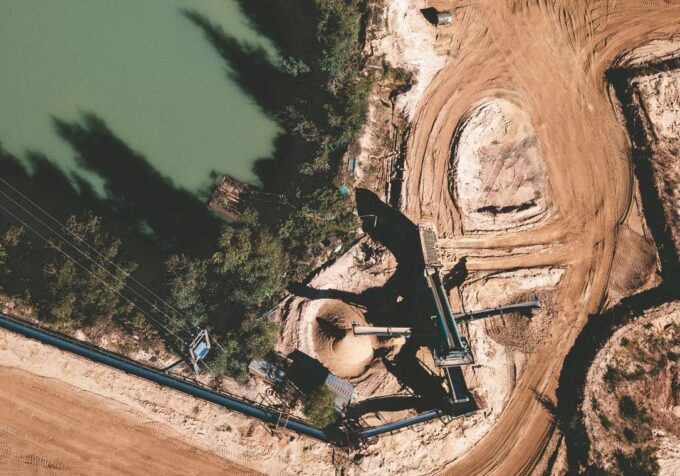Global Risk Report: Need for action on climate
The Global Risk Report 2020 of the World Economic Forum WEF identifies the risks of the coming years by means of expert surveys. For the first time, the climate crisis and its consequences are considered the main risks.

The Global Risk report predicts:
- Extreme weather events with major damage to property, infrastructure and human life
- Failure of governments and businesses to mitigate and adapt to climate change.
- Man-made environmental damage and disasters, including environmental crimes such as oil spills and radioactive contamination.
- Major loss of biodiversity and collapse of ecosystems (on land or in the sea) with irreversible consequences for the environment, leading to severe depletion of resources for humanity and industry.
- Major natural disasters such as earthquakes, tsunamis, volcanic eruptions and geomagnetic storms.
Time is running out
If stakeholders do not adapt to "today's epochal power shift" and geopolitical turmoil - while still preparing for the future - time will run out to address some of the most pressing economic, environmental and technological challenges. This signals where the need for action is greatest for businesses and policymakers.
Thinking on a system level
The Global Risks report was produced in collaboration with Marsh & McLennan and Zurich Insurance Group and is part of the Global Risks Initiative, which brings together all stakeholders to develop sustainable, integrated solutions to the world's most pressing challenges. Systems-level thinking is needed to address looming geopolitical and environmental risks that might otherwise slip under the radar. This year's report focuses explicitly on the impact of rising inequality, gaps in technology policy, and health systems under pressure. It goes on to point out that policymakers must balance goals to protect the planet with those to boost the economy - and that businesses must avoid the risks of potentially catastrophic future losses by aligning themselves with science-based goals.
The pressure on companies is growing
John Drzik, Chairman of Marsh & McLennan Insights, said: "There is growing pressure on companies from investors, regulators, customers and employees to demonstrate their resilience to increasing climate volatility. Scientific advances mean that climate risks can now be modelled with greater accuracy and incorporated into risk management and business plans. High-profile events, such as the recent wildfires in Australia and California, are increasing pressure on businesses to take action on climate risk at a time when they also face greater geopolitical and cyber risk challenges."
"The political landscape is polarized, sea levels are rising and climate fires are burning. This is the year for world leaders to work with all sectors of society to repair and reinvigorate our systems of cooperation, not only for short-term benefit, but also to address our deep-rooted risks," said Borge Brende, President of the World Economic Forum.
For younger generations, the state of the planet is even more alarming. The report shows how the risks are seen by those born after 1980: They rated the environmental risks in the short and long term higher than other respondents.
To the whole Global Risk Report 2020









